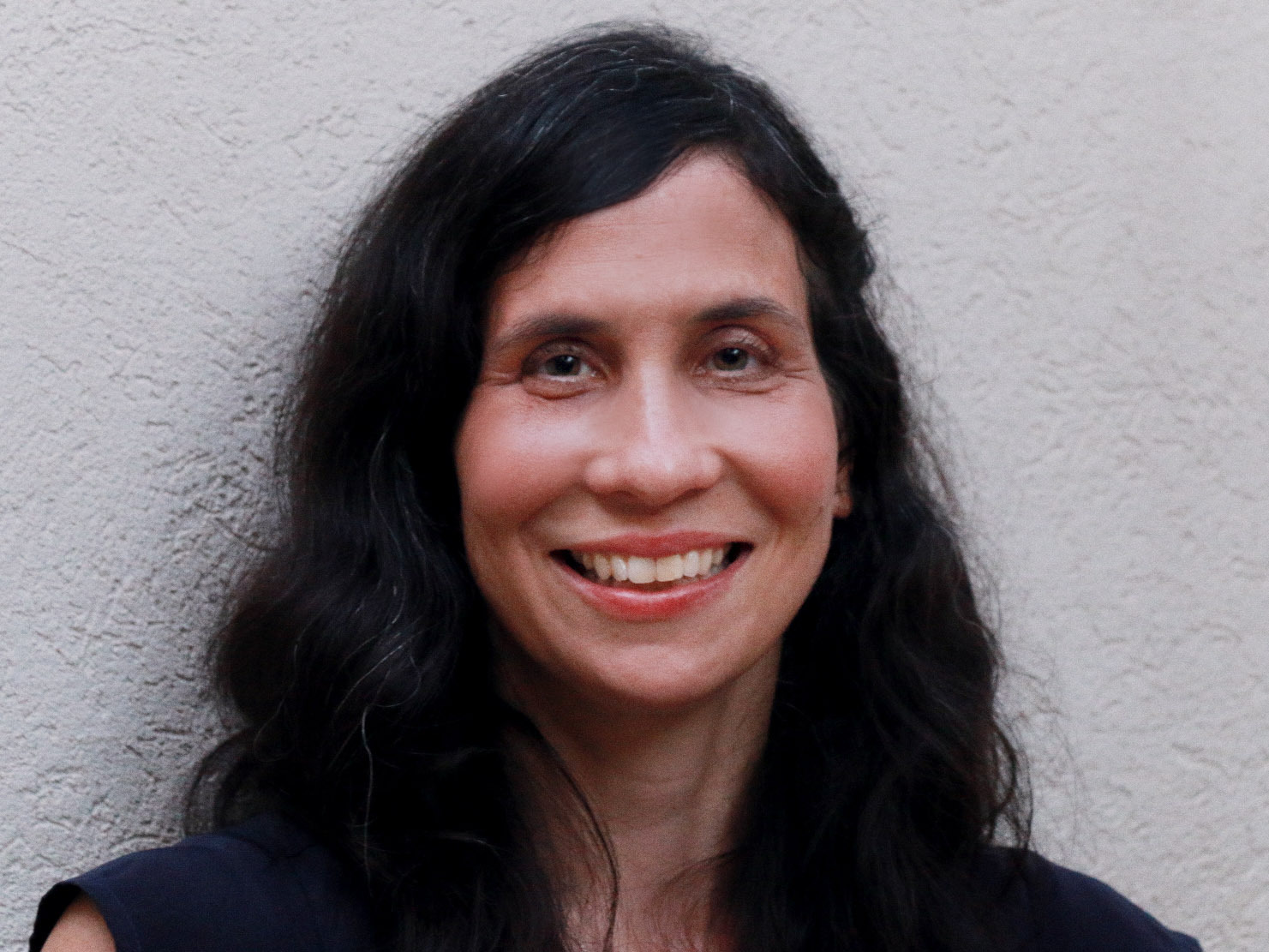On October 29, 2025, the Charles University Research Centre for Conflict and Post-Conflict Studies (UNCE CPS Prague) and Department of Public International Law at the Faculty of Law, Charles University in Prague hosted a lecture held by Dr. Michal Saliternik from Netanya Academic College, Israel.

Lecture annotation:
The Gaza Strip has long existed in a legal gray zone – a territory whose ambiguous status has generated enduring disputes over sovereignty, authority, and international responsibility. Following decades of protracted conflicts and contested control by Egypt, Israel, the Palestinian Authority, and Hamas, the recent ceasefire places this territory at a critical juncture: Who should govern Gaza after the most devastating war in its history? Who bears responsibility for rehabilitation and reconstruction? Should Hamas retain any role in Gaza’s future governance? Will Gaza ultimately become part of an independent Palestinian state?
The Trump administration’s peace initiative leaves many of these questions open, presenting both opportunities and risks for Gaza’s future and for regional stability more broadly.
In this lecture, Dr. Michal Saliternik will examine competing visions for Gaza’s post-war order from various models of Palestinian self-rule to international administration and renewed Israeli control and discuss their compatibility with international law and their implications for peace and stability in the Middle East.
Dr. Michal Saliternik is a professor of law at the Netanya Academic College, Israel, specializing in public international law and the legal aspects of conflict resolution and post-conflict transitions. She holds a Ph.D. from Tel Aviv University and has been a research fellow and visiting professor at the New York University, Freie Universität Berlin, and Graz University, among others. Her articles appear in leading journals, including the American Journal of International Law, European Journal of International Law, and Leiden Journal of International Law. She is a member of the Editorial Board of the European Journal of International Law, and has been involved in various civil society initiatives promoting Israeli-Palestinian peace.
The lecture was followed by the discussion.
The event was supported by Charles University Research Centre program No. UNCE24/SSH/039.

